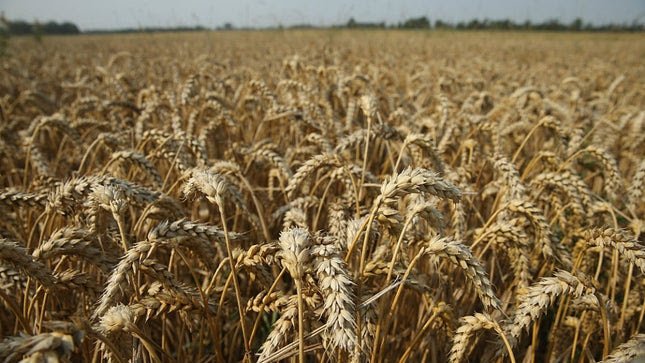The Trump administration this month rolled out new work requirements for the recipients of the Supplemental Nutrition Assistance Program, more commonly referred to as food stamps that will kick about 700,000 people off its rolls. The Trump administration will do this by limiting the ability of states to waive these federal work requirements for food stamps unless the county or location has a higher than 6 percent unemployment rate.
While the United States, fortunately, has a low unemployment rate today, kicking people who live in areas with relatively low unemployment off food stamps is a wantonly cruel act. In fact, the decision does not help anyone get a job and only exacerbates the already growing problem of hunger in this country. Simply put, this is an extremely bad idea from our leaders. Perhaps the most galling part is that the Trump administration has zero sense of irony or even its own hypocrisy when it comes to food policy.
This new rule will save the government about $1 billion each year for a program that receives widespread bipartisan support and helps the most vulnerable individuals and families with food assistance. At the very same time, the Trump administration has so far provided an extra $28 billion in compensation to farmers and many others who have been impacted by the trade war initiated by the president. Soybean farmers, cattle farmers, and other commodity farmers must cope with the harsh retaliatory tariffs from China and our own allies thanks to the trade war. We have also seen exports of American products to these countries decline dramatically.
While we disagree with the policies that have created this chaos for our farmers, we support sound policies that provide them relief to keep them in business. But it cannot be done on the backs of the working poor, many of whom live in rural farm communities that are most impacted by the trade war. Some of them are farmworkers who have lost their jobs, have had their hours severely reduced, or have seen their wages decline. Yet here we are now kicking farm workers, veterans, and families off of food stamps to save a small fraction of the annual cost of these subsidies.
That is heartless right before the holidays when the cost of living for these vulnerable populations are at their highest. Providing emergency relief to farmers to save their businesses while preventing poor Americans from eating the food that those farmers produce leads to one conclusion. This is not about saving taxpayer dollars or about sensible social safety net policies. This is about sticking it to the poor. Let us think hard about what this policy says about our society. We are slashing programs to feed the poor and putting in place more scrutiny on them, while the president and his allies on Capitol Hill are pushing through emergency farm program payments with little oversight, all because of an unnecessary trade war.
Is the federal deficit too high? Yes. Do we need to cut spending? Yes. But we cannot do this on the backs of the poor, cutting programs like food stamps that are a small fraction of the budget, while spending billions to institute new subsidies to support struggling farmers as they cope with the ongoing trade war. We can and must do both. We can keep farmers in business and keep Americans from going hungry at the same time. The Trump administration cannot pick winners and losers in this trade war.
Our farmers are hurting and so are the individuals and families who work for those farmers. Policymakers must make sure that these food support programs and subsidies have proper regulations in place to avoid any potential fraud or abuse. The United States is the breadbasket for the world. Let us continue producing the best food and make sure that all Americans, particularly farmworkers, have enough to eat at the table.
Dan Glickman served as agriculture secretary for President Clinton. Ann Veneman served as agriculture secretary for President Bush. They both serve as chairs of the Prevention Initiative at the Bipartisan Policy Center.








